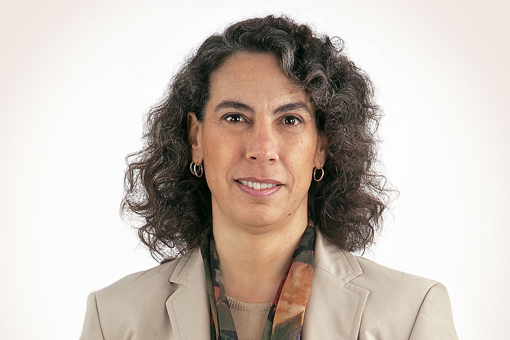This article is part of the Leaders of Social & Political Change series from the Fall 2012 issue of Americas Quarterly. View the full special section.
Over the past 50 years, many changes have taken place in Latin America—most of them for the better. But the problem of poverty and social exclusion persists. With the recent years of economic growth and the consolidation of democracy, these issues have become more salient and pressing for the public agenda.
Inequality has taken on a more complex definition since the 1960s. In addition to the classic issue of income distribution—central, of course, to economic inequality—other matters related to political, social and cultural exclusion are now understood as part of how we must address inequality and are increasingly part of the popular demand for change. These new dimensions are necessary to understand the roots of inequality and its effects, and they oblige us to include them in any genuine effort to systemically address poverty by including notions of citizenship and equality of opportunity.
The persistence of inequality has shown that traditional policies of mass, universal access to general public services and democratic processes have not been sufficient. Expansion of educational access, improved understanding and respect for universal political and civil rights and better social services in areas such as public health care and pensions have simply not resolved the persistent historical and structural issues of social and economic exclusion.
The Ford Foundation has stood with us in this effort to understand and address these complex issues. First, the Ford Foundation has supported research institutions to analyze these topics and the nongovernmental organizations that advocate for them, helping to highlight these issues and stimulate public and political debate on these topics. Second, by consistently promoting these themes and discussions over its 50 years of work in the region, the Ford Foundation has helped identify and spawn practical policy ideas for the private and public sectors. This has led to not only the development of valuable proposals and innovations, but also to an active and well-informed society that is ready to both work with and remain vigilant of the state in its social obligations.
My experience as a researcher at the Instituto de Estudios Peruanos (IEP) has allowed me to more closely understand the complexity of poverty and the challenges of promoting development—particularly in rural areas—as well as to test proposals for reducing inequality through the public and private sectors. This experience has profoundly reaffirmed that addressing inequality requires actions aimed at guaranteeing the full exercise of citizenship, as well as initiatives that achieve equality of opportunity for all citizens.
Today, as minister of development and social inclusion in the government of President Ollanta Humala, I have been charged with the duty of building a new ministry to address the challenge of development and social inclusion. In my new capacity, I can attest that the public–private dialogue that I and others have advocated for is essential to improve state capacity to address social inclusion.
That understanding, the tools to address it and broad public debate around those topics were made possible in part by the support of the international community and foundations.





